Distributors around the world are increasingly investing in coconut charcoal briquettes for shisha as demand for high-quality hookah experiences continues to grow. Whether you’re a seasoned distributor or just entering the market, making the right decisions when sourcing coconut charcoal is crucial.
Why?
Because not all charcoal is created equal — and in the shisha industry, quality makes all the difference in user experience, brand reputation, and repeat sales.
In this article, we’ll walk you through everything a distributor should know before buying coconut charcoal briquettes: from quality standards and certifications to factory selection, packaging, pricing, and shipping.
1. Understand What Makes Coconut Charcoal Briquettes Ideal for Shisha
Before buying or distributing, you need to understand why coconut charcoal is preferred in the shisha market.
Why coconut charcoal briquettes for shisha?
- ✅ Odorless and tasteless — Doesn’t affect shisha flavor
- ✅ Long burn time — 90 to 120 minutes depending on cube size
- ✅ Low ash content — Less than 2.5%, mostly white or grey ash
- ✅ No chemical additives — Natural, eco-friendly product
- ✅ Consistent heat — Ideal for an even, smooth smoking experience
Distributors who understand these benefits can better market their products to shisha lounges, retailers, and B2B buyers.
2. Know the Key Quality Parameters to Look For
As a distributor, your reputation is tied to the quality of the product you deliver. Here are the most important quality indicators for coconut charcoal briquettes:
| Parameter | Ideal Standard |
|---|---|
| Ash Content | 1.8% – 2.3% |
| Moisture | Less than 6% |
| Burn Time | 90–120 minutes |
| Volatile Matter | Under 15% |
| Fixed Carbon | Over 75% |
| Shape Consistency | Even edges, no cracks |
| Odor | Neutral / odorless when burning |
Ask the factory to provide lab test results or sample reports to verify these metrics. This is especially important when shipping in bulk or launching under a private label.
3. Choose the Right Shape and Size Based on Your Market
Different regions and shisha cultures prefer different charcoal formats. Popular shapes include:
- 🔲 Cubes: 25mm, 26mm, 27mm, 28mm
- 🔷 Hexagonal: Long sticks, good for BBQ or specific shisha setups
- 🟦 Flat briquettes: For quick light-up or faster sessions
- 🧱 Finger briquettes: Less common, used in some traditional markets
Pro Tip:
The 26mm cube is considered the global standard for shisha charcoal, offering a balance of burn time and heat output.
As a distributor, knowing what size your market prefers helps avoid inventory mismatch and waste.
4. Inspect the Packaging Options and Private Label Possibilities
Packaging isn’t just about protection — it’s about branding, marketing, and shelf appeal. When you buy from Indonesian factories, most offer custom packaging services, such as:
- 📦 1kg retail boxes (printed with your logo)
- 📦 10kg master cartons
- 🛍️ Paper boxes, plastic wrap, or zipper bags
- 📦 OEM and private label design support
Ask your supplier if they support custom printing, barcode integration, and multilingual packaging for your destination market.
This gives you a major edge when selling to:
- Shisha lounges
- Supermarkets
- Online marketplaces (e.g., Amazon, Lazada, Noon)
- Local distributors or wholesalers
5. Understand Pricing Structures and Minimum Order Quantities (MOQ)
Coconut charcoal pricing varies based on quality, packaging, and shipping terms. Here’s what affects price per ton:
- ✅ Raw material grade (premium vs. mixed shells)
- ✅ Factory location and drying method
- ✅ Charcoal shape and size
- ✅ Type of packaging and branding
- ✅ Shipping term (FOB, CNF, CIF)
Typical FOB prices for premium coconut charcoal briquettes for shisha range from USD $900–$1,200 per ton. Some suppliers may offer lower prices for bulk orders or white-label partnerships.
MOQ (Minimum Order Quantity) Examples:
- Standard bulk: 18–21 tons / 1 x 40ft HQ container
- OEM/private label: Usually starts at 10 tons per order
- Trial orders: Some factories allow LCL (Less than Container Load) or 5-ton trial shipments
Clarify your budget and volume expectations early to avoid miscommunication.
6. Evaluate the Factory’s Export Experience and Reputation
Distributors need a supplier that’s reliable, communicative, and experienced in international trade.
Here’s what to look for:
- 🌍 Export destinations: Do they already ship to your country or region?
- 📃 Documents provided: COO, MSDS, Phytosanitary, Fumigation, Lab Report
- 📸 Photo/video updates during production and packing
- 🗣️ Clear communication in English or your native language
- 🚢 Flexible logistics: Can they handle CIF or door-to-door delivery?
A trustworthy coconut charcoal briquette supplier should give you full confidence from production to port.
7. Watch Out for Common Pitfalls When Buying Coconut Charcoal
Even experienced buyers make mistakes. Here are the most common red flags to avoid:
❌ Buying based only on low price
❌ Not requesting samples before full order
❌ Ignoring ash/moisture specs
❌ Weak packaging that breaks in transit
❌ Lack of communication from the factory
8. Build a Long-Term Relationship, Not Just a Transaction
Many successful distributors work with the same supplier for years. A long-term relationship leads to:
- Better pricing
- Priority production scheduling
- Custom product development
- Faster response time
- Easier problem solving if issues arise
The best Indonesian factories treat their distributors as partners, not just buyers.
Conclusion
Coconut charcoal briquettes for shisha are a fast-growing market opportunity — but distributors must be informed and strategic when choosing their supplier.
To summarize, here’s what you need to do:
✅ Understand your market’s needs
✅ Choose the right shape, size, and packaging
✅ Verify lab test results and factory certifications
✅ Compare pricing and MOQs
✅ Communicate clearly and build trust with your supplier
✅ Focus on long-term partnership and consistent quality
